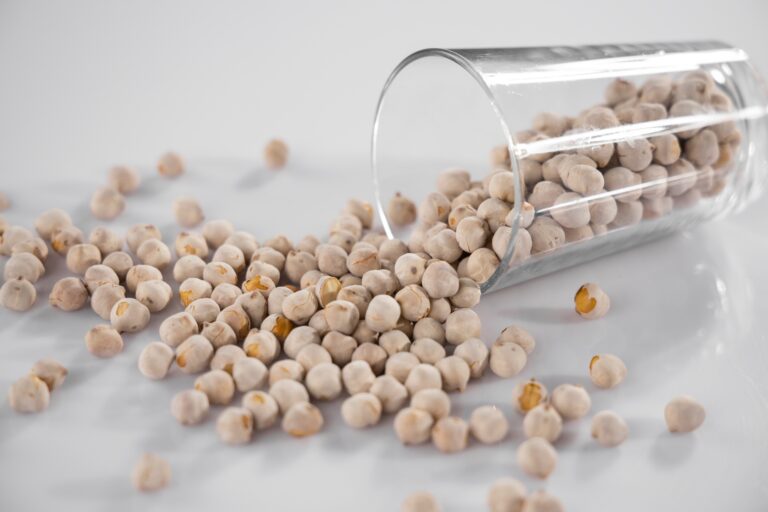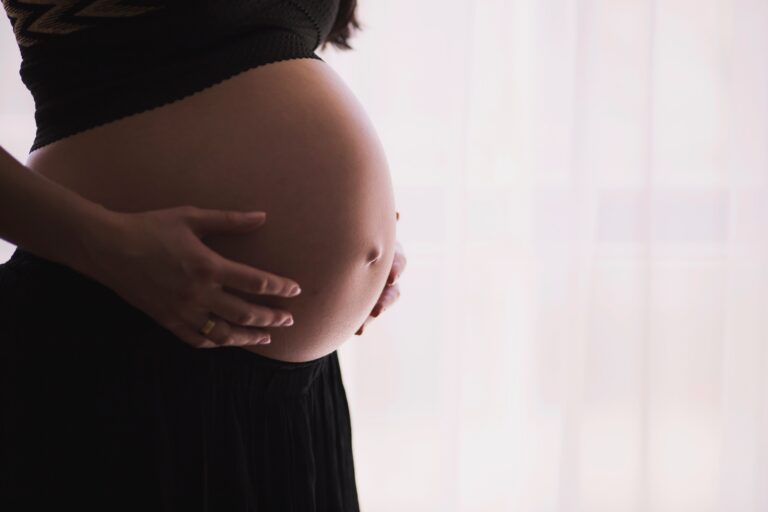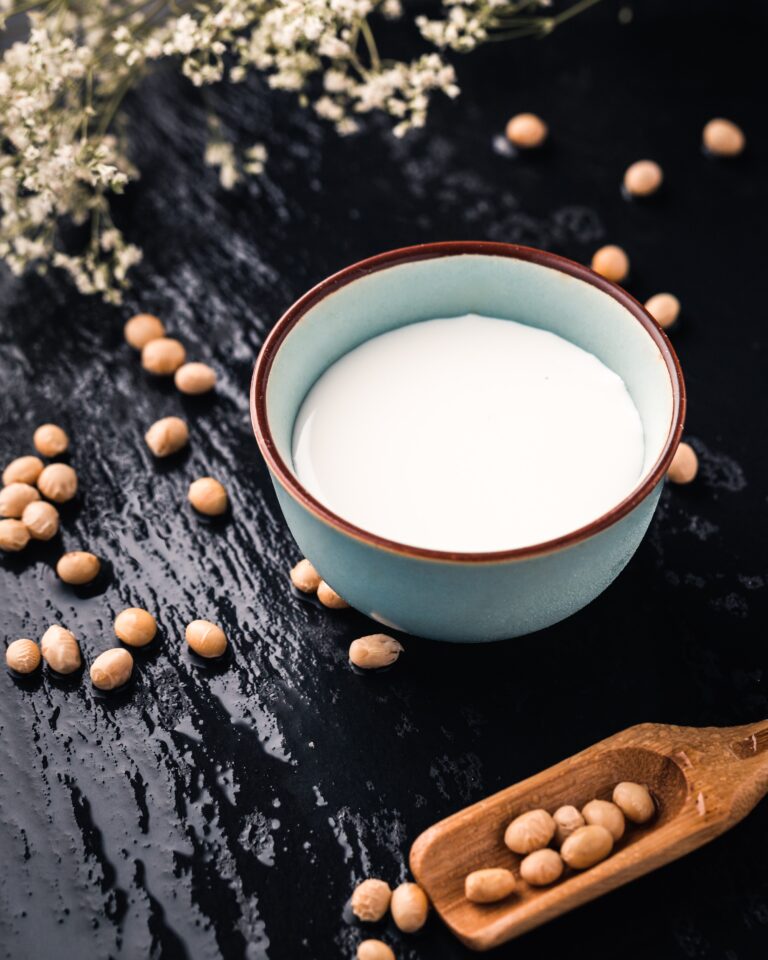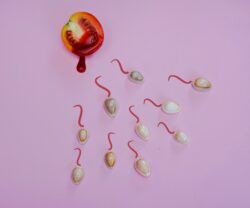How Soy Intake Affects Fertility
There seem to be lots of ways soy intake affects fertility. Soy has been a topic of discussion for many women for years. There is so much mixed information out there about whether or not soy could be harmful or beneficial for fertility. This can particularly be important for vegans and vegetarians who consume soy products frequently in order to meet their DAILY protein needs.
Soy and infertility can be connected but we want to give you the facts of HOW soy impacts fertility.

The Connection Between Soy and Fertility
Soy is an isoflavone. Isoflavones are a type of plant compound found in certain foods. They belong to a larger group of compounds called phytoestrogens, which are naturally occurring chemicals in plants that can mimic the activity of estrogen, a reproductive hormone found in our bodies. Phytoestrogen is often referred to as plant estrogen.
Because of the similarity to estrogen, isoflavones can bind to estrogen receptors in our cells. The similarity of both estrogen and isoflavones is what caused researchers to investigate the effect of soy intake while trying to conceive. However, it has been found that the effects of the isoflavones in soy are much weaker compared to the estrogen produced in our bodies.
In short, soy is quite similar to estrogen which has caused many to believe that soy can negatively effect fertility.
Concerns with Soy Intake
The estrogen-like effects of isoflavones underlie many of the concerns around soy and fertility.
The initial concerns surrounding soy intake and infertility came from research showing that soy may impact menstrual cycle length. They found that in 6 pre-menopausal women, daily consumpton of 45 mg of soy protein, increased menstrual cycle length by 1.5 days and suppressed the midcycle surge of luteinizing hormone (LH) and follicle stimulating hormone (FSH). Being that only 6 women were included in this study, the findings are clearly limited.
When looking at studies with minimal bias, little to no effect of LH and FSH was observed.

Benefits of Soy Intake
Soy has been shown to improve ovulation. In this small study, researchers found that soy phytoestrogen supplements can improve ovulation.
A prospective cohort of women >30 years of age undergoing IVF in the US showed the odds of achieving a live birth were 77% higher for women with the highest intake of soy isoflavones than for women who did not consume any soy products.
Similarly, in a study that investigated the role of oral phytoestrogen intake in improving pregnancy rate and cycle outcomes, isoflavone supplements (120mg/d of isoflavones) increased live birth rates among couples undergoing infertility treatment + timed intercourse.
An additional study shows, higher doses (1,500mg/d) have been shown to increase endometrial thickness and ongoing pregnancy rates in women undergoing IUI and clinical pregnancy rates in women undergoing IVF.
Finally, Dr. Jorge Chavarro and colleagues at Harvard School of Public Health looked at how soy consumption modifies the relation between urinary bisphenol a (BPA) levels and infertility treatment outcomes among women undergoing assisted reproduction. He found that soy intake protects against the adverse reproductive effects of BPA, including implantation and clinical pregnancy rates among women undergoing in-vitro fertilization (IVF).
It is pretty clear that there may be some instances when soy isoflavone intake may be beneficial for reproductive health and fertility outcomes. Based on the data presented, it seems that incorporating soy into one’s diet doesn’t have any negative impact on female fertility. In fact, it could be a beneficial source of protein for those undergoing fertility treatments.
Popular Sources of Soy:
- Edamame
- Tofu
- Miso
- Tempeh
- Soy Milk

Bottom Line
The limited studies conducted so far in humans clearly confirm that soy isoflavones can bring about hormonal effects. These effects can be a benefit in the prevention of many common diseases observed in Western populations (such as breast cancer, prostate cancer, menopausal symptoms, and osteoporosis). Since biological effects are dependent on many factors including dose, duration of use, protein binding affinity, individual metabolism and intrinsic oestrogenic state, further clinical studies are necessary to determine the potential health effects of these compounds in specific population groups.

For most women trying to conceive, data would suggest that a few servings of high-quality soy per week appears to have no adverse effects on female fertility or reproductive outcomes. In fact, it may actually be beneficial if you’re undergoing IUI/IVF or if you have high BPA exposure.
Remember that some unique health circumstances (poor gut health OR hypothyroidism) may mean that it’s best to skip out on soy products altogether. However, it may come down to quantity as well as the quality of soy products chosen in the first place.
If you are concerned about your soy intake and how it can affect your pregnancy, book a consultation with one of our expert-certified dietitians & nutritionists for individualized nutrition & supplementation advice.




